Do you remember the last time you got a really good night’s sleep? The kind of sleep where you didn’t struggle to fall asleep and woke up feeling completely refreshed and ready to take on the day?
For many of us, those nights are rare, especially as we get older. Sleep challenges become more common, whether it’s due to stress, physical discomfort, or simply the natural changes in our sleep patterns as we age.
According to the National Sleep Foundation, nearly 40% of older adults report difficulty falling asleep or staying asleep through the night.
Hormonal changes, particularly in melatonin and cortisol levels, can contribute to sleep disturbances in older adults. With aging, the body produces less melatonin, a hormone that is typically released in response to darkness and aids in regulating sleep by aligning circadian rhythms.
If you’re struggling with sleep, you’re not alone. However, there are natural, non-medication remedies such as hot tub therapy that can help you achieve better sleep.
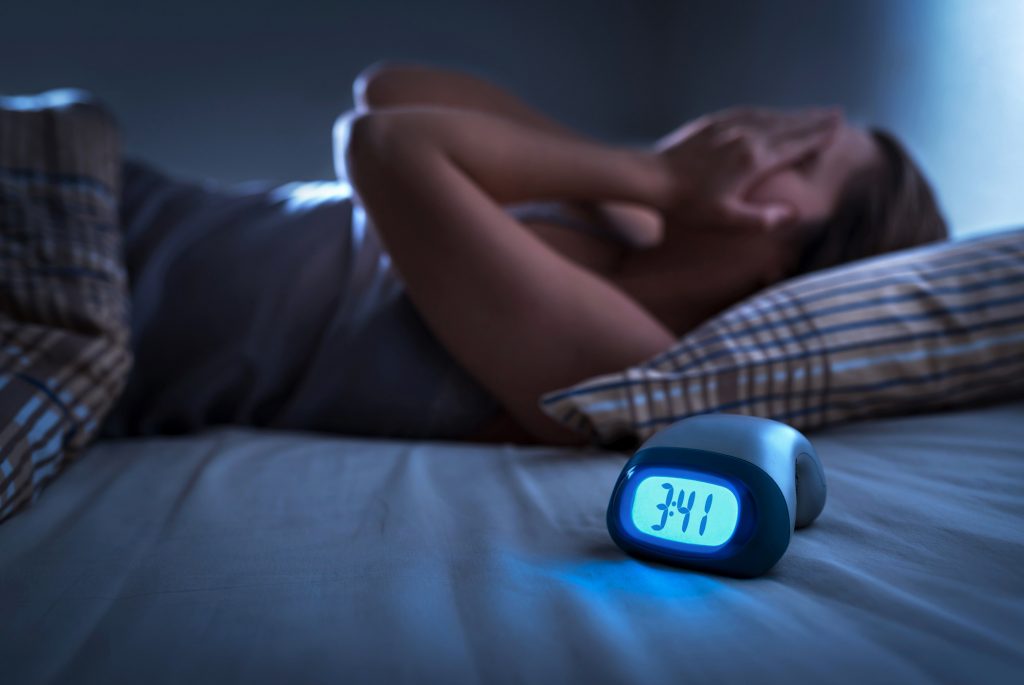
The importance of sleep for older adults
Your body cycles between being awake and asleep each day, with certain processes only happening when you’re sleeping. When you’re asleep, your body “powers down” and most body systems — including your brain — become less active.
While scientists haven’t been able to determine the exact reason we sleep, they know it’s important for energy conservation, restoration, and brain plasticity. Another hypothesis is that nighttime inactivity kept our ancestors safe, providing a survival advantage..
The National Sleep Foundation advises adults to aim for seven to nine hours of sleep each night. About 35% of American adults fall short of this recommendation, averaging just 6.8 hours of sleep per night.
As we age, the overall amount of sleep we need doesn’t change. However, many older adults find that getting a good night’s rest can become more difficult. The amount of deep sleep tends to decrease, while the frequency of lighter sleep stages and awakenings can increase.
For older adults, inadequate sleep can exacerbate health problems and contribute to cognitive decline and reduced overall well-being.
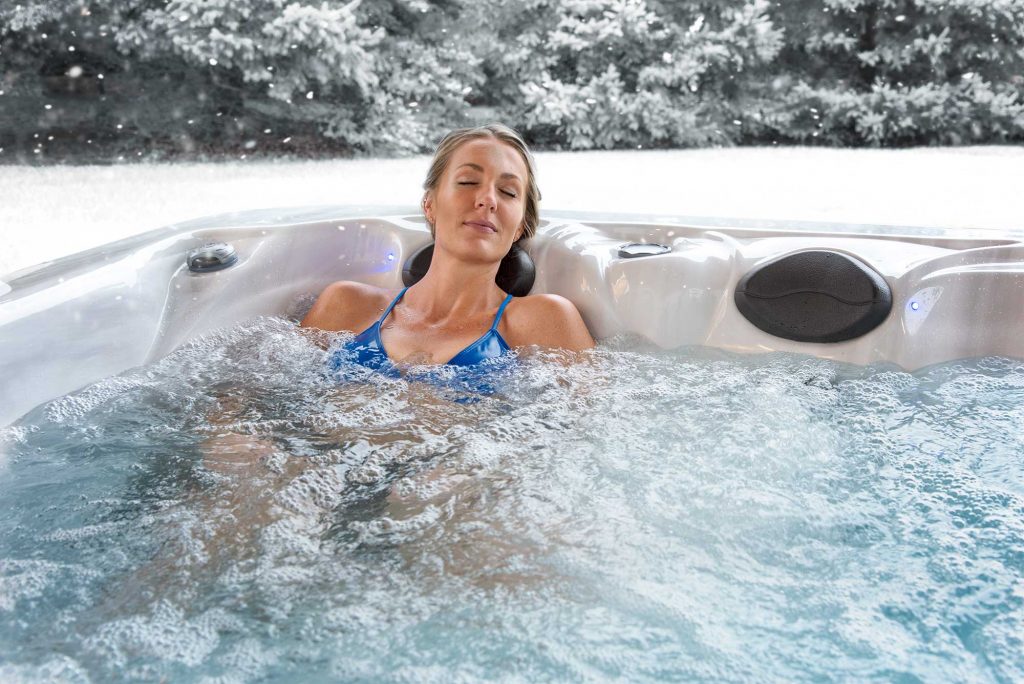
Natural relaxation techniques for better sleep
You want to have enough energy — not just to get through the day, but to enjoy the activities you love. To feel rested, refreshed, and ready for the day, you need sleep.
Lately, though, maybe you have been feeling increasingly run down. Instead of waking up with a spring in your step, you find yourself struggling to get out of bed. This persistent tiredness is affecting your mood, productivity, and overall well-being. It’s becoming clear that your current sleep habits aren’t supporting the vibrant, active life you want to lead.
Perhaps you’ve tried cutting down on caffeine, and you are doing your best to stick to a strict bedtime. However, nothing seems to make a significant difference. You may have considered talking to your doctor about sleep aids but are not sure you’re ready to take that step. Instead, you are searching for natural, non-medication approaches that can help you achieve the restful sleep you need.
From mindfulness and meditation to warm water therapy, natural relaxation methods could help you reclaim those restful nights.
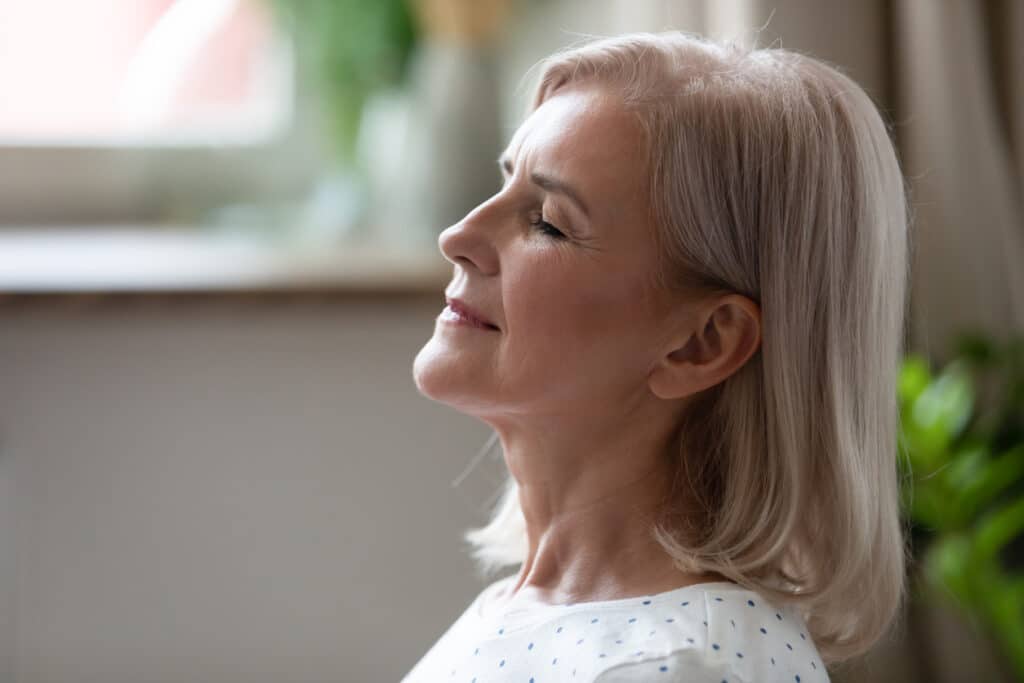
Incorporate mindfulness and meditation
Have you ever laid in bed, your mind racing with thoughts, only to find it impossible to drift off to sleep? The more you try to quiet your mind, the more thoughts seem to flood in, making it even harder to relax.
Life stress, anxiety, caffeine, and even worrying about not getting enough sleep can disrupt an entire night’s rest. You not only have a harder time falling asleep but you find yourself waking up.
The next day, you find that you are not just tired. The lack of sleep is also making you feel irritable and overwhelmed. The worst part? Regular sleep issues can lead to clinical insomnia.
While medication is often the treatment for insomnia and some other sleep conditions, a study published in JAMA Internal Medicine showed that mindfulness meditation helped improve sleep quality and reduced insomnia symptoms among older adults.
Incorporating meditation and mindfulness into your nighttime routine can be both simple and beneficial. You might start by setting aside 10 to 15 minutes each evening for a mindfulness practice. This could involve guided meditation apps, deep breathing exercises, or simply sitting quietly and focusing on your breath. Apps and recordings often include soothing narrations, gentle music, or guided imagery to help you relax. The key is to create a calming environment that signals to your body and mind that it’s time to wind down. By practicing mindfulness regularly, you help train your brain to manage stress more effectively, which can lead to more restful sleep.
Deep breathing for relaxation and better sleep
Deep breathing is a simple yet powerful way to improve your sleep. When you practice deep breathing before bed, you help calm your mind and body, making it easier to unwind and fall asleep. By focusing on your breath, you activate your body’s natural relaxation response, which helps lower your heart rate and reduce stress. This makes it easier to transition from a busy day to a restful night.
In a study with 59 older adults struggling with sleep issues, researchers tested the effects of a simple nightly routine involving deep breathing, body scan meditation, and relaxing music. Participants in the intervention group followed this routine for 30 minutes each evening for eight weeks, while the control group did not. The results were promising: those who practiced deep breathing and meditation experienced notable improvements in their sleep quality and daily life. They reported fewer sleep disturbances and better overall quality of life compared to the control group.
Known as abdominal or belly breathing, diaphragmatic breathing is one method to promote relaxation and reduce tension. This technique involves breathing deeply into your diaphragm rather than shallowly into your chest. Lie on your back with one hand on your chest and the other on your abdomen. Inhale deeply through your nose, allowing your abdomen to rise while keeping your chest relatively still. Exhale slowly through your mouth, feeling your abdomen fall. Box breathing and alternate nostril breathing are also effective deep breathing techniques that can enhance relaxation. Box breathing involves inhaling, holding, exhaling, and pausing each for a count of four, which can help regulate your breathing and promote a sense of calm. Alternate nostril breathing, a yoga technique, balances the mind and body by alternating breaths between nostrils.
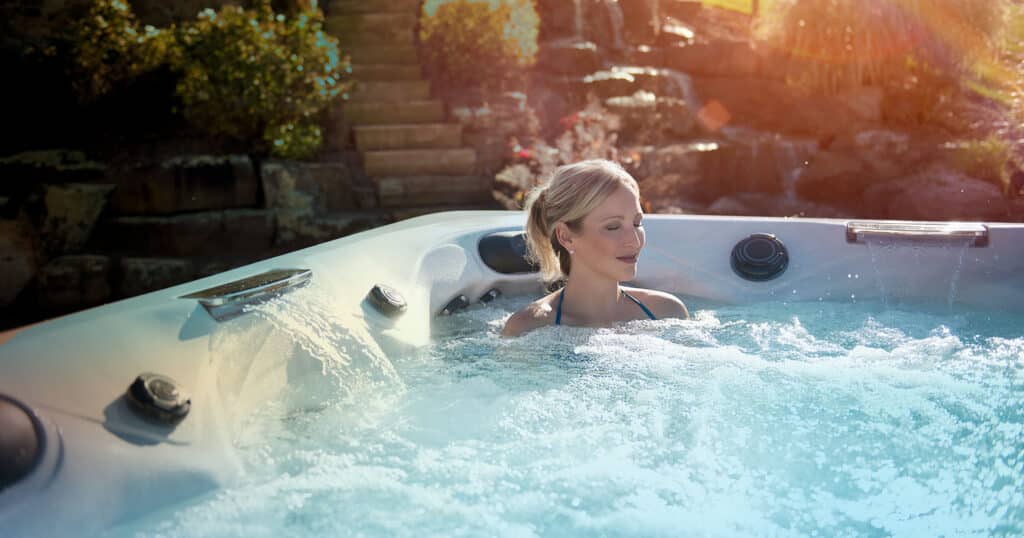
Take a pre-bedtime soak
Hot tubs have been used for centuries to promote relaxation and well-being. Soaking in warm water helps reduce stress and relax your body. The buoyancy of the water supports your body and reduces strain on joints and muscles, while the jets offer targeted massage.
And, warm water can promote good sleep.
One study, which was published in Sleep Health, found that older adults who soaked in a hot tub before bed reported that they were able to fall asleep more easily and improve their overall sleep quality.
How does a hot tub help improve sleep?
Research from Harvard Medical School indicates that improved relaxation and stress reduction contribute to more restorative sleep. The benefits extend beyond the immediate effects, potentially leading to longer-term improvements in sleep patterns. In addition, a focus on relaxationit may lower levels of cortisol, a stress hormone. When your cortisol levels are high, you are more likely to experience bouts of insomnia and prolonged wakefulness.
To maximize the benefits of a hot tub for sleep, consider integrating it into your evening routine. Aim to soak in the hot tub for about one to two hours before you plan to go to bed. This allows time for your body to cool down naturally, setting the stage for a restful night’s sleep.
You can also enhance your hot tub experience by creating a serene environment. Consider playing soothing music or turning on the LED lights, which are standard on Master Spas hot tubs.
Sleep podcasts
Sleep podcasts have become a favorite tool for many people looking to unwind and get a good night’s rest. These podcasts offer a variety of calming content, from soothing stories and guided meditations to gentle music and nature sounds, all designed to help you relax before bed.
The charm of sleep podcasts like “Nothing Much Happens” is in their ability to create a peaceful bedtime routine. Listening to a podcast can be a wonderful way to shift your mind away from daily stress and immerse yourself in something soothing. Whether it’s a calming bedtime story or relaxing sounds, these podcasts help you ease anxiety and quiet your thoughts, making it easier to fall asleep.
Sleep podcasts are also a great complement to other relaxation techniques like deep breathing and meditation. You can easily add them into your nightly routine to find what works best for you.
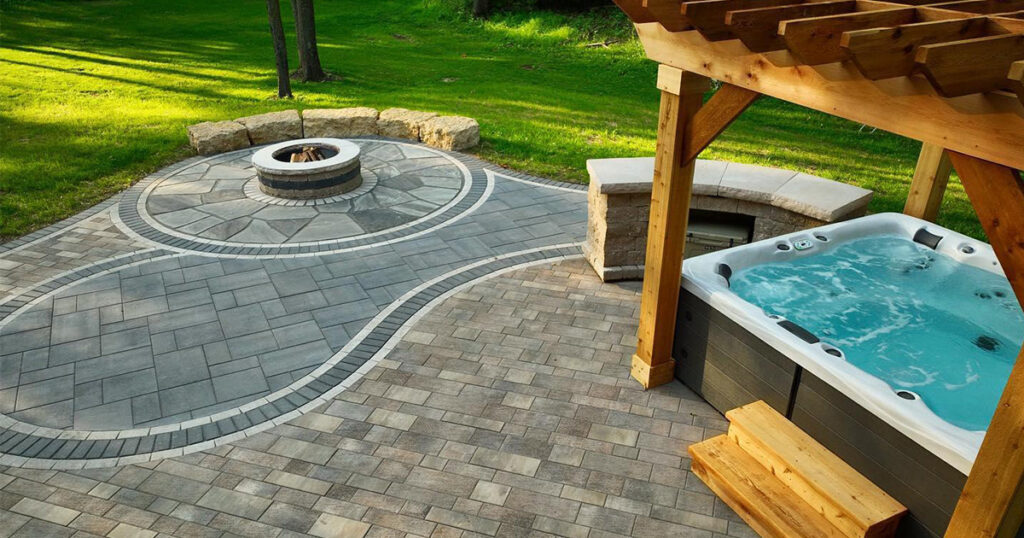
How to buy a hot tub
Are you ready to invest in your well-being and backyard? Master Spas hot tubs can be enjoyed this year and for many years to come. Click here to learn more about the benefits of hydrotherapy. Or, contact your local Master Spas retailer to learn more about hot tub ownership. Wondering how much a Master Spas hot tub costs? You can request a quote here.


